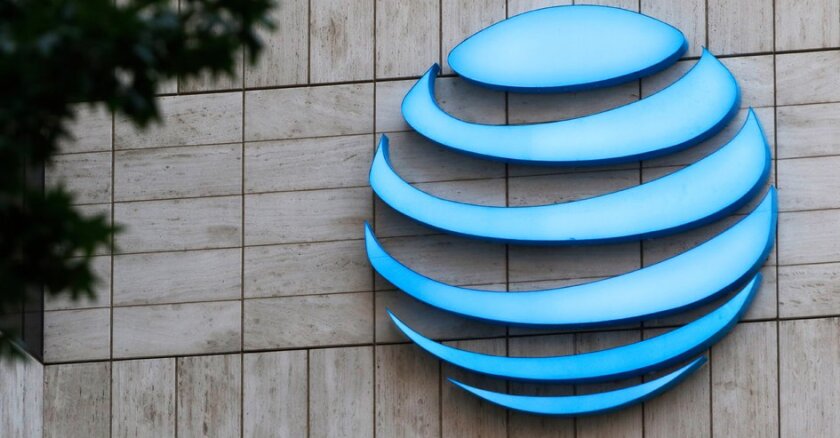That was the news that was announced at an AT&T store on the corner of 10th Street and Trenton Road on Thursday which officials tout as an opportunity to bridge the gaps in online connectivity.
“Right now, we have a once in a generation opportunity to close the digital divide by improving access to high-speed internet, helping and making it more affordable for low-income households,” Barragan said.
Barragan explained that AT&T has invested more than $7 billion in improving telecommunications infrastructure across Texas — $2 billion of that will have been invested between 2021 and 2023, and about $120 million in the Rio Grande Valley alone.
“Today’s announcement is also part of our ongoing commitment to the Rio Grande Valley,” Barragan said.
The announcement was much welcomed news to elected officials such as McAllen Mayor Javier Villalobos and state Sen. Juan “Chuy” Hinojosa, D-McAllen, who spoke of how the COVID-19 pandemic shone a stark light on the Valley’s digital inequities.
“We realized during COVID that we may be a little bit behind, and we also realized that things have changed and they’re not going back,” Villalobos said.
The mayor spoke of how the pandemic sparked the transformation of people’s homes into multipurpose spaces as social distancing forced people out of their offices and schools.
“Home, a lot of the times, has now become the epicenter for what? For family, for entertainment, even for business,” Villalobos said.
“It’s economic development, job retentions and job creations. And all that goes hand in hand,” he said.
Hinojosa echoed those thoughts.
“We found out how important it was,” the state senator said of being able to connect to high-speed internet.
Some experts estimate that the COVID-19 pandemic accelerated the rate at which industries — such as education, healthcare and commerce — converted to a nearly-entirely digital economy by at least a decade.
And in the Valley, where fiber connectivity is near non-existent in cities, and where some colonias lack internet connectivity at all, that inability to get online laid bare the chasm of the digital divide that exists here.
Hinojosa said that was something that became of great concern to state lawmakers, who, during the 2021 legislative session, passed bills aimed at beefing up the state’s telecommunications infrastructure.
The digital divide is something that drew the attention of federal lawmakers, as well.
At the height of the pandemic, Congress passed trillions of dollars in relief funding meant to save jobs, shore up the healthcare industry, and also to bolster the nation’s mishmashed broadband foundation.
In 2021, the $1.9 trillion American Rescue Plan, in particular, contained $25 billion in allocations for broadband infrastructure expansion efforts across the country.
Those funds came in addition to smaller allocations that were made as part of the CARES Act and other congressional funding appropriations in 2020.
For Barragan, the federal stimulus packages give local governments a chance to do something rare — to catapult their communities’ technology infrastructure.
“Communities have a once-in-a-lifetime opportunity to expand broadband to underserved areas. And they (do) that by taking advantage of available federal funds made available through the American Rescue Plan,” Barragan said.
“We believe cities should use those funds in concert with public/private partnerships that would put private internet providers on the hook to assume the cost and the risk for building and maintaining networking technology, thereby freeing up public resources to address local priorities,” he said.
© 2022 The Monitor (McAllen, Texas). Distributed by Tribune Content Agency, LLC.














